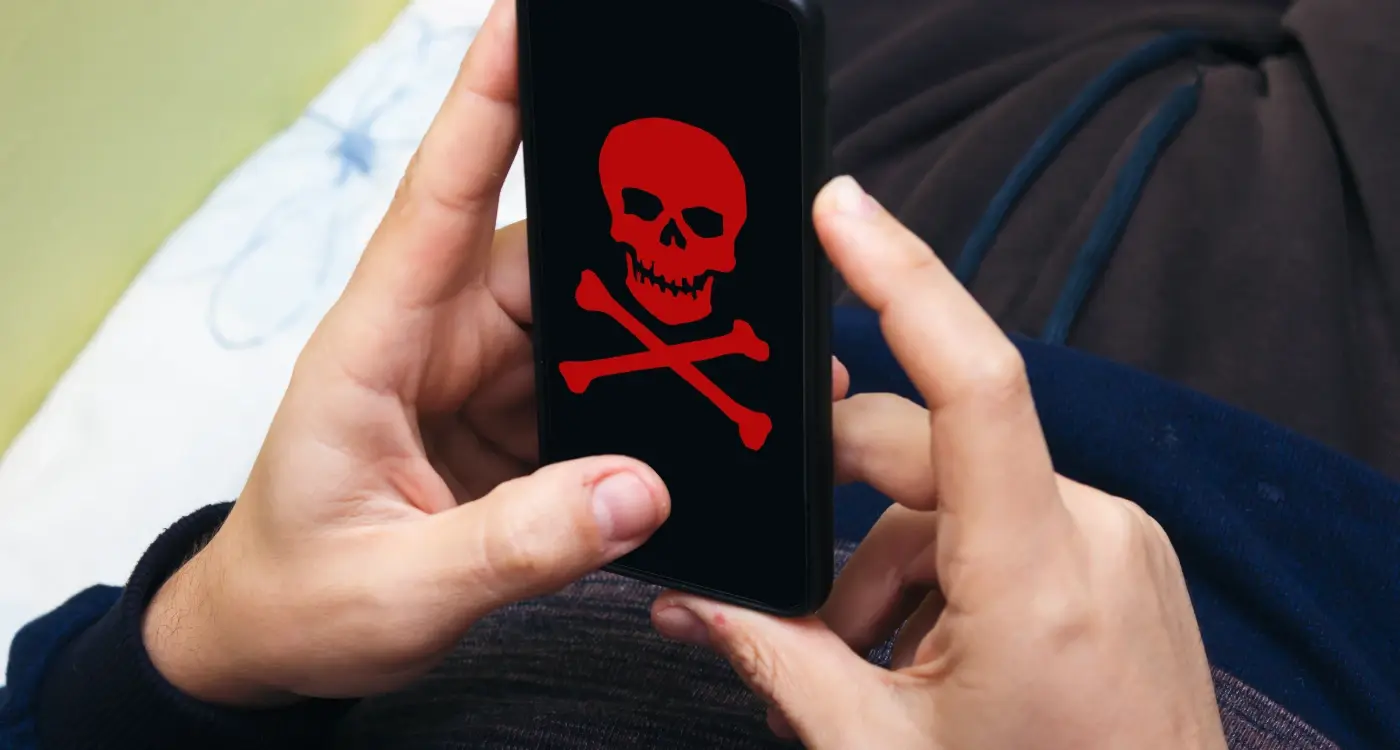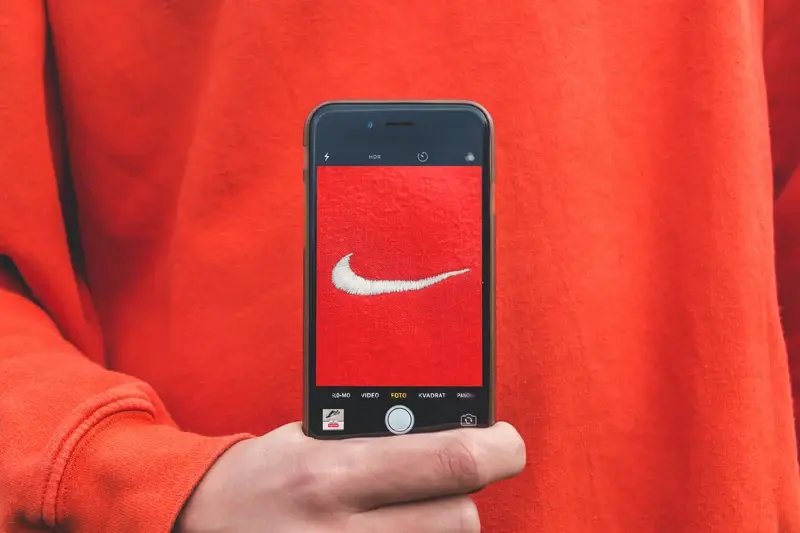What Are The Risks Of Building A Branded Mobile App?
Every year, thousands of brands launch mobile apps that end up damaging their reputation rather than building it. What starts as an exciting digital venture can quickly turn into a public relations nightmare—and the brand app risks are far more serious than most business owners realise. Poor security, terrible user experiences, and technical failures don't just frustrate customers; they can destroy years of brand building in a matter of days.
I've worked with companies who've learned this lesson the hard way. One client came to us after their first app was riddled with bugs and security issues—they spent more money fixing the damage to their reputation than they did building the app in the first place. The truth is, mobile app brand protection isn't just about having good code; it's about understanding that your app becomes an extension of your brand identity.
When your app fails, your brand fails with it—and customers don't separate the two in their minds
This guide will walk you through the major risks that come with building a branded mobile app, from security vulnerabilities to app store rejections. We'll cover practical strategies for app brand reputation management and show you how to protect your business from the pitfalls that catch so many brands off guard. By understanding these risks upfront, you can make informed decisions about your app development journey.
Understanding Brand Reputation Damage
Your brand reputation took years to build—but a buggy mobile app can destroy it in days. I've seen companies spend millions on marketing campaigns only to watch their carefully crafted image crumble because their app kept crashing or, worse, leaked customer data. The mobile app world is unforgiving; users expect perfection and they're not shy about sharing their disappointment.
When your branded app fails, it doesn't just reflect poorly on the app itself—it damages how people view your entire company. A restaurant chain's broken ordering app makes customers question the quality of their food. A bank's unreliable mobile platform makes people worry about their money's safety. The connection between app performance and brand trust runs deeper than most business owners realise.
Common Reputation Risks
- Poor app performance reflects on overall company competence
- Security breaches destroy customer trust permanently
- Negative app store reviews appear in Google searches
- Social media complaints about your app spread quickly
- Competitor apps highlight your shortcomings by comparison
The real kicker? Bad news travels faster than good news in the digital age. One viral complaint about your app can reach thousands of potential customers before you've even identified the problem. That's why getting your mobile app right isn't just about technology—it's about protecting everything you've worked to build.
Security Vulnerabilities and Data Breaches
Nothing will damage your brand quite like a data breach. I've seen companies spend years building trust with their customers, only to lose it all in a single security incident. When your branded app gets hacked, it's not just data that gets stolen—it's your reputation that takes the biggest hit.
Mobile apps are particularly vulnerable because they handle sensitive information like login details, payment data, and personal preferences. Users trust you with this information, and if it ends up in the wrong hands, they'll blame your brand directly. The app store reviews will be scathing, social media will light up with complaints, and worst of all, people will associate your brand with being careless with their data.
Common Security Risks
Poor encryption, weak authentication systems, and insecure data storage are the usual culprits. Sometimes it's something as simple as not updating security patches or using outdated coding practices. What makes this particularly frustrating is that many security vulnerabilities could have been prevented with proper planning and regular security audits.
Always work with developers who prioritise security from day one, not as an afterthought. Regular penetration testing and security reviews should be part of your app maintenance budget.
The financial cost of a breach goes far beyond the immediate fix—you're looking at legal fees, regulatory fines, and the long-term cost of rebuilding customer trust.
Poor User Experience Consequences
Here's something I've learnt after years of fixing broken apps—poor user experience doesn't just annoy people, it destroys brands. When your app is slow, confusing, or crashes regularly, users don't just delete it and move on. They talk about it. They leave reviews. They tell their friends how rubbish your app is.
The numbers are brutal. Studies show that 88% of users won't return to an app after a bad experience. That's not just lost downloads—that's lost customers who might never trust your brand again. I've seen companies spend millions on marketing campaigns only to watch their app get hammered in reviews because the checkout process was broken or the navigation made no sense.
What Poor UX Actually Costs Your Brand
- Customer acquisition costs skyrocket when you're fighting negative word-of-mouth
- App store rankings plummet due to low ratings and poor retention
- Support costs increase dramatically as frustrated users flood your help desk
- Brand perception shifts from innovative to incompetent
- Revenue drops as users abandon purchases mid-flow
The worst part? Once your app gets a reputation for being difficult to use, it's incredibly hard to recover. Users who've already had a bad experience rarely give you a second chance, even after you've fixed the problems.
Technical Failures and Downtime Issues
Nothing damages a brand faster than an app that simply doesn't work when people need it most. I've watched countless brands suffer serious reputation hits because their app crashed during peak usage times—think Black Friday sales or major product launches. When your app fails, it's not just a technical problem; it becomes a brand app risks nightmare that can take months to recover from.
When Apps Go Down, Brands Come Under Fire
Users today expect apps to work perfectly, every single time. If your banking app crashes when someone needs to make an urgent payment, or your food delivery app fails during lunch rush, people don't blame the technology—they blame your brand. Social media amplifies these failures instantly, turning what might have been a minor technical hiccup into a public relations disaster.
A single hour of downtime during peak usage can generate more negative publicity than months of positive marketing efforts
The Hidden Costs of Technical Problems
Technical failures don't just hurt your reputation in the moment. They create lasting doubts about your brand's reliability and competence. Users who experience crashes or bugs often delete the app immediately and tell others about their poor experience. This makes mobile app brand protection strategies absolutely critical—you need robust testing, reliable hosting, and quick response plans for when things go wrong. App brand reputation management starts with preventing technical failures before they happen, not just fixing them afterwards.
App Store Rejection and Compliance Problems
Getting your app rejected by Apple or Google can feel like a punch to the gut—especially when you've spent months building it. I've seen perfectly good apps get knocked back for the smallest infractions, and trust me, it's painful to watch. The app stores have strict guidelines that cover everything from content standards to technical requirements, and they're not afraid to use them.
Apple's App Store Review Guidelines run to dozens of pages, covering topics you might never have thought about. Google Play has their own set of rules that can be just as tricky to navigate. One client of mine had their fitness app rejected because it mentioned medical benefits without proper disclaimers—something we'd completely overlooked during development.
Common Rejection Reasons
- Privacy policy missing or inadequate
- App crashes during review process
- Inappropriate content or imagery
- Misleading app descriptions
- Copyright or trademark violations
- Poor user interface design
- Missing accessibility features
The real kicker? Each rejection delays your launch by weeks. You fix the problem, resubmit, wait for another review—it's a cycle that can drain your budget and momentum. Some apps get rejected multiple times before approval, turning what should be a celebration into a marathon of frustration.
Negative Reviews and Public Relations Disasters
One bad review can snowball into a proper nightmare faster than you'd think. I've watched brands with stellar reputations get absolutely hammered because their app crashed during a big sale or leaked customer data. The thing about mobile apps is that when they go wrong, they go very publicly wrong—and everyone's got a smartphone to share their frustration on social media.
App store reviews are permanent fixtures that can haunt your brand for years. Unlike a bad restaurant experience that maybe gets mentioned to a few friends, a one-star app review sits there for potential customers to see forever. What makes it worse is that angry users are much more likely to leave reviews than happy ones; it's just human nature really.
When Bad Press Goes Viral
Social media can turn a small app glitch into front-page news within hours. Remember that app store rejection or security breach we talked about earlier? Well, add thousands of frustrated users posting screenshots and complaints across Twitter, Facebook, and Reddit—suddenly your brand app risks becoming a trending topic for all the wrong reasons.
Set up Google Alerts for your app name and brand to catch negative mentions early. Quick responses to complaints often prevent small issues from becoming PR disasters.
The Ripple Effect
Bad app experiences don't just affect app downloads; they damage trust in your entire brand. Customers start questioning whether they can rely on your company at all, affecting everything from website sales to store visits.
Long-term Maintenance and Support Challenges
Here's something most business owners don't think about when they're excited about launching their new app—what happens after it goes live? I've watched countless clients launch brilliant apps only to struggle with the ongoing reality of keeping them running smoothly. Mobile apps aren't like websites that you can set up and forget about; they need constant attention, updates, and care.
The Never-Ending Update Cycle
Apple and Google release new operating system versions regularly, which means your app needs updating to stay compatible. Miss a few updates and suddenly your app crashes on newer devices or gets removed from app stores altogether. We're talking about monthly security patches, annual major OS updates, and device compatibility issues that pop up without warning.
Rising Support Costs
What starts as a manageable monthly maintenance cost can quickly spiral out of control. Bug fixes, feature requests from users, server costs that grow with your user base—it all adds up. Many businesses budget for the initial development but forget that apps typically cost 15-20% of their original development price each year just to maintain properly. That's before you add any new features or make significant improvements to keep up with competitors.
Conclusion
Building a branded mobile app brings real risks that can damage your reputation, cost you money, and frustrate your customers. From security breaches that expose personal data to technical failures that leave users stranded, the potential problems are serious. We've covered how poor user experiences can turn loyal customers into vocal critics, how app store rejections can delay launches by months, and how negative reviews can spread faster than you can respond to them.
But here's the thing—knowing these brand app risks doesn't mean you should avoid building an app altogether. Mobile app brand protection starts with understanding what can go wrong and planning for it from day one. Smart businesses invest in proper security measures, thorough testing, and ongoing maintenance. They build relationships with their development teams and create solid backup plans for when things don't go to plan.
App brand reputation management isn't a one-time task; it's an ongoing commitment that requires attention and resources. The companies that succeed are those that treat their mobile app as a long-term investment rather than a quick marketing win. They budget for updates, they listen to user feedback, and they're prepared to make changes when needed. Your brand deserves that level of care and attention.
Share this
Subscribe To Our Learning Centre
You May Also Like
These Related Guides

What Happens If My App Gets Hacked?

What Should Your Mobile API Security Incident Response Cover?



